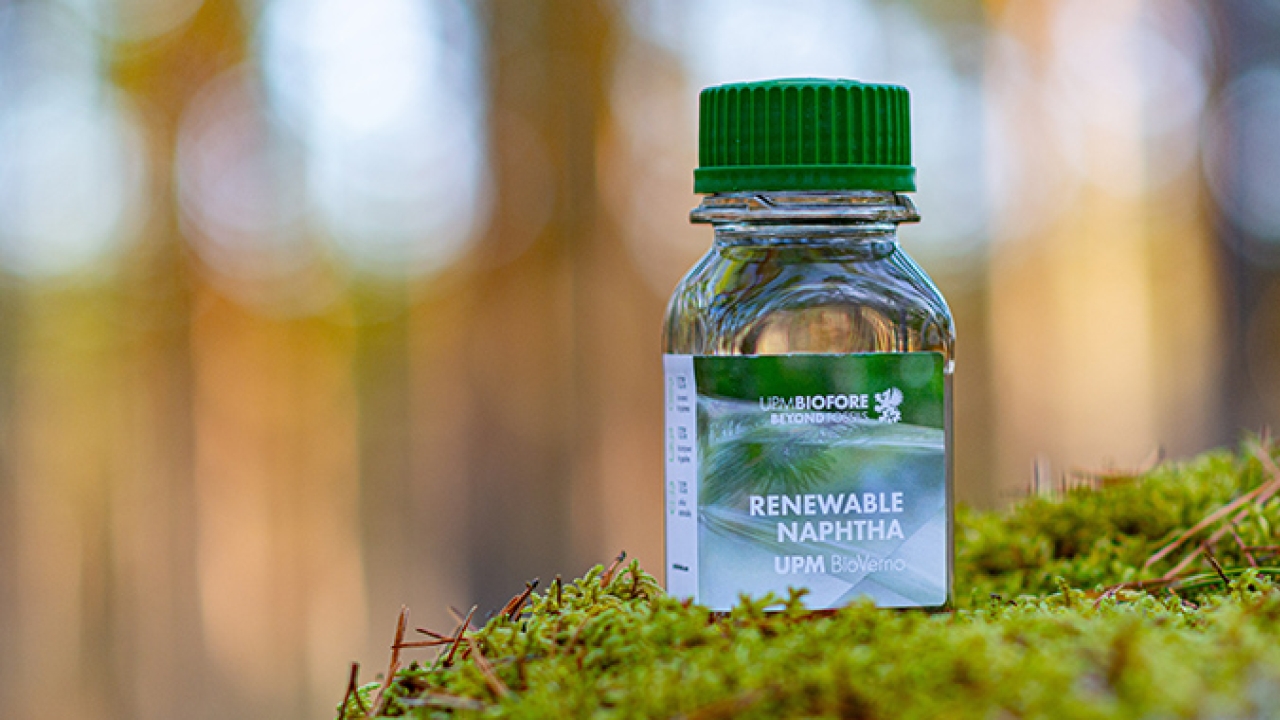UPM BioVerno tested in Paulig’s coffee packaging
Finnish food and beverage company Paulig has released the first batch of its Café New York coffee range, using UPM BioVerno naphtha, made from tall oil, as a raw material for its packaging.

UPM BioVerno is produced from tall oil, a residue of pulp making, in the UPM Lappeenranta Biorefinery. This material is in the new laminate tested in over half of Paulig’s coffee packs.
‘We are committed to replacing fossil-based raw materials with renewable ones. Paulig’s initiative to use our wood-based UPM BioVerno as a raw material in the laminates of its coffee packs is a further step towards creating more circular and sustainable packaging,’ commented Panu Routasalo, vice president of UPM Biofuels.
Paulig has ambitious climate targets, approved by the UN’s Science Based Targets initiative. By 2030, the company plans to reduce the greenhouse gas emissions from its operations by 80 percent and its value chain by 50 percent. Paulig also pledged to switch to using only recyclable packages and made from renewable or recycled materials by 2030.
‘Recyclability is currently our focus, and we also look for feasible solutions for renewable or recycled packaging materials. Even though the carbon footprint of the products comes mainly from the product itself and packaging plays a small role, all these improvements in the packaging contribute to the circularity and climate target of the value chain. If the tests prove to be successful, our target is to replace so-called first-generation biobased materials in coffee vacuum packs with tall oil-based material, which is a residue from the forest industry,’ said Kati Randell, strategic packaging development manager at Paulig.
At the Vuosaari roastery, Paulig produces 100 million coffee packs a year. The roastery building’s emissions have been reduced by 98 percent since 2014, and the remaining emissions have been offset through carbon finance projects.
Stay up to date
Subscribe to the free Label News newsletter and receive the latest content every week. We'll never share your email address.

